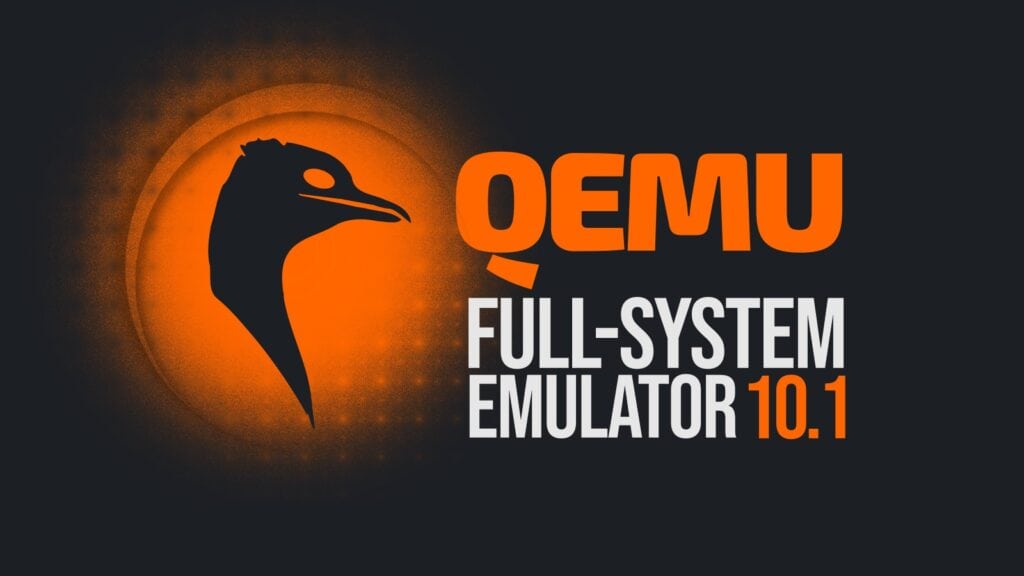QEMU, a popular open-source machine emulator and virtualizer, has officially released version 10.1 (following a four-release candidate cycle) as the first update to the 10.x series.
According to the changelog, on the ARM side, the new version introduces support for new CPU extensions like FEAT_SME2, FEAT_SVE2p1, and several mixed-precision matrix instructions. The popular “virt” board gains CXL support, ACPI PCI hotplug, and even nested KVM virtualization when paired with a sufficiently new Linux kernel.
At the same time, several older board models, including “highbank” and “midway,” have now been deprecated, while new boards, such as Analog Devices’ MAX78000FTHR and NVIDIA’s GB200-BMC, have been added.
For RISC-V, developers will notice a long list of ISA and extension improvements. Highlights include fixes for vector instruction handling, expanded PMP region configuration, and support for the Svrsw60t59b extension. The update also addresses corner cases in CSR handling, migration failures with AIA, and range wraparound issues in PMP.
On the x86 virtualization side, QEMU 10.1 introduces support for Intel TDX and AMD SEV-SNP guest launch using IGVM files, provided the host is running a Linux kernel 6.16 or newer. On s390x, machine types older than version 4.1 have been removed, while new QOM interfaces expose control program identification data.
Beyond architecture updates, the release includes notable changes in device emulation and system integration. VFIO has gained live update support, improved migration handling with multifd on AArch64, and initial support for TDX and SNP guests. Migration itself also benefits from optimizations such as postcopy preempt mode for sequential memory access and IPv6 support in RDMA live migration.
Other highlights include GUI fixes for GTK scaling and VNC endian handling, GDBStub updates with new protocol support, and refinements to block device mirroring and backup operations.
Last but not least, on the build side, QEMU now requires Rust 1.77 and Meson 1.8.1, with experimental support for WebAssembly compilation via Emscripten. Support for Debian Bullseye has officially been dropped.
For more information, see the changelog. The announcement is here. QEMU 10.1’s source code is available for download from the project’s website.
